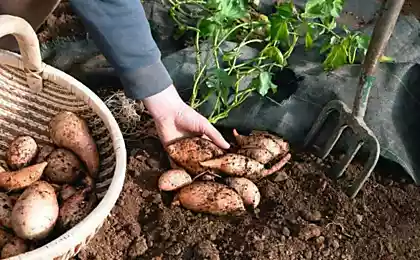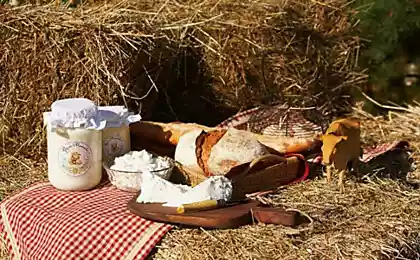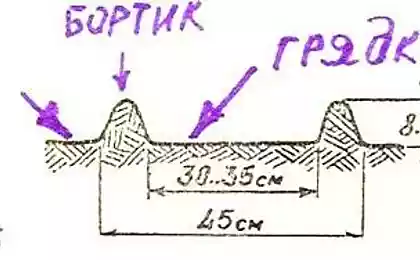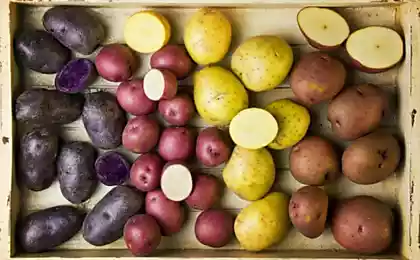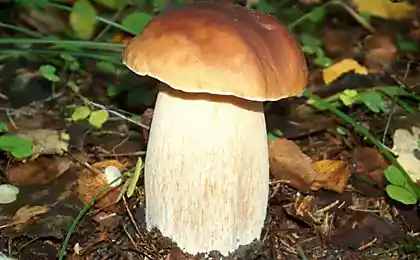469
Growing eco-friendly sweet potato
Twenty six million five hundred sixteen thousand fifty six
Sweet potato is a root vegetable of the family Unkovich, also called sweet potatoes. It is believed that this root appeared on the territory of modern Peru and Colombia and then spread throughout America. It is known that even before Columbus discovered America, sweet potatoes were already cultivated on Easter island, the Islands of Polynesia, the East Indies and New Zealand. After the discovery of America the Spanish explorers brought this edible root to the Philippine Islands, and later in Spain and throughout the Mediterranean.
In our time of sweet potatoes is among the most common cultivated plants man. It can be found in almost all countries whose territories have to the tropics and subtropics. Leading importers of sweet potatoes around the world are Vietnam, China, Indonesia, Uganda, Nigeria, India, Japan.
Seventy two million seven hundred ten thousand six hundred twenty six
Selected for seedling tubers
Yam – useful properties
Benefits of Yam is difficult to overestimate, it is believed that it helps fight cancer, improves elasticity of blood vessels, has beneficial effects on the liver and kidneys, is immunostimulating agent and contains in its structure a large number of vitamins and minerals. In China it is generally considered the fruit of prolonging life and bestowing longevity.
According to recent studies scientists sweet potato very useful for the gastrointestinal tract, and helps to strengthen the mucous membrane of the stomach, what prevents development of malignant tumors. Thanks to these properties it is prescribed in diseases of the stomach and intestines, as a mandatory component of the diet.
Treatment of tubers
Additionally, the sweet potato helps to normalize the metabolism, increases immunity, lowers cholesterol in the blood, displays the body of heavy metals, helps to restore the body with the chronic fatigue syndrome, after suffering stress and colds, relieves insomnia, improves women's body during PMS and other female problems.
Ninety six million four hundred two thousand ninety four
Sweet potatoes – how to grow
Temperature regime
It should be noted that Yam culture is thermophilic, and high temperature during the growth period and growing season are the key to good growth and yield. For Yam the required ambient temperature of 25-30 °C, when the temperature is below 20 °C on a good harvest ever have. Preferred for growing sweet
Sprouts appeared
potatoes the climate in the tropics and subtropics, in countries where the climate is constant, it is possible to grow sweet potatoes as a perennial culture, and the size of its tubers in some cases, can reach 10 kg. In temperate climates it can be grown as annual crops, yield it will be much lower due to the reduction of the vegetation period, but with good care can be achieved tubers weighing 1 to 3 kg.
Reproduction of sweet potato
New selectively bred types of sweet potato generally are not blooming, so they have no seed propagation. The easiest of these, and any other types of sweet potato reproduce vegetatively growing seedlings.
Thirty five million five hundred thirty two thousand three hundred sixteen
Additionally, the Yam can be propagated using division of tubers, but this option is not very effective, and yields can be quite low. Besides propagation by cuttings or seedlings prevents the spread of diseases which can be affected tubers.
The growing seedlings should be started in the winter in January and February, then the beginning of the vegetative period, you will have than planting a plot. For growing seedlings should buy a few tubers of Yam.
Prepare a small box or elongated flower pot with a height of 15-20 cm with holes to drain excess fluids, it is necessary that the tubers do not rot. Box or pot, set into a pan and put on the windowsill.
Substrate for growing seedlings should be quite loose and fertile. To do this, take 1 part humus and 1 part sand and mix well and add 2 pieces of loose turf soil, again mix well and fill this mixture in the prepared box in half. Then, pour the top layer of 3-5 cm of fine sand.
Before planting seedlings, tubers should be disinfected in a light solution of copper sulphate or potassium permanganate. You should then put their "nose" down and a little push in the sand. Then on top they need to cover with sand to a height of 3 cm For a good germination of the tubers requires a temperature of 18-27 °C and high humidity.
You can not plant the tubers in the ground and just pick up and put tubers of "spout" down. If banks have a wide neck, tuber prick with a toothpick and they don't give it fall into the jar. after some time on the tuber sprouts will appear.
With proper preparation and planting the sprouts appear on the tubers in a month. When the shoots grow to a height of 12-15 cm and will consist of 4-5 nodes, they are ready to pick. Sprouts should be separated by breaking off from the tuber, and then planted a warm greenhouse. This procedure should be performed every 10-12 days, and the seedlings will be enough for the whole plot.
Transplant into the soil seedling of sweet potato is only possible when the soil is warm, at a temperature of not less than 18-20 °C. Can be planted as plants already germinated, and just separated from the tuber. If you are boarding just separated cuttings, you should remove them all large leaves, leaving only short stalks. The stalk should contain 4-5 internodes, immerse it in the ground need 1-2 internodes.
Already just sprouted cuttings are transplanted in the prepared hole, taking care not to damage the root system.
When growing korotkoplodnyh varieties of sweet potato the distance between rows is 70-80 cm, and between plants – 30-40cm.
When you are vigorous growing varieties row spacing of 90-120cm and between plants in a row of 50-60 cm
Sweet potato loves moisture, and requires copious watering during the rooting of cuttings and in the period of active growth. But irrigation should be stopped 20 days before harvesting.
Average yield of sweet potatoes for our latitude is 1 to 2 kg per m2.
To harvest you need at the end of October, in the dry and Sunny weather, therefore, dug the crop can be stored for about six months. If you dig the crop in rainy or just humid and damp weather, or after the onset of the frost season, your harvest will quickly begin to deteriorate.
To store the harvest should be in ventilated rooms at temperature from 8 to 12°C, Periodically harvest should iterate, spoiled fruit can be fed to animals or put in recycling.
Source: www.art-pen.ru


